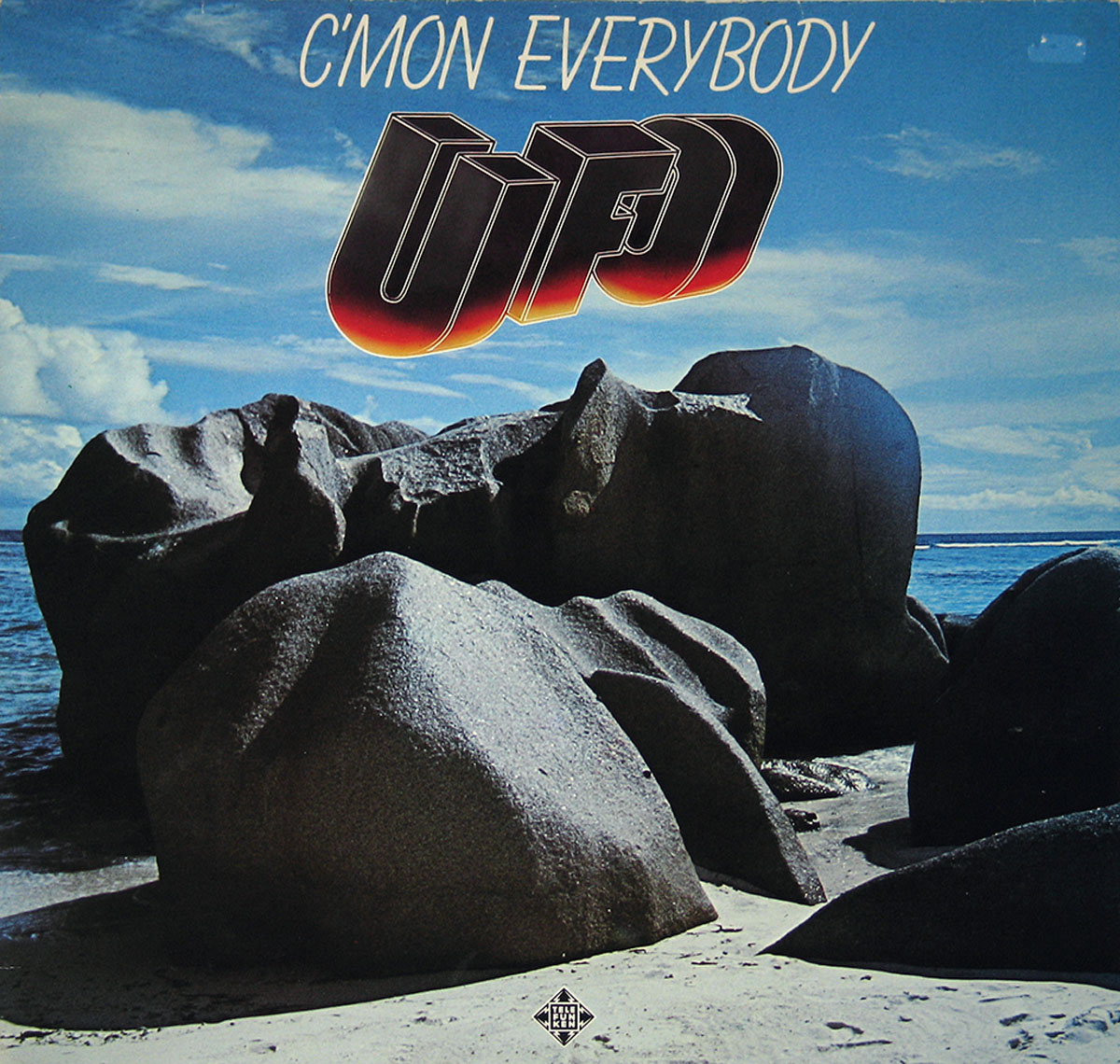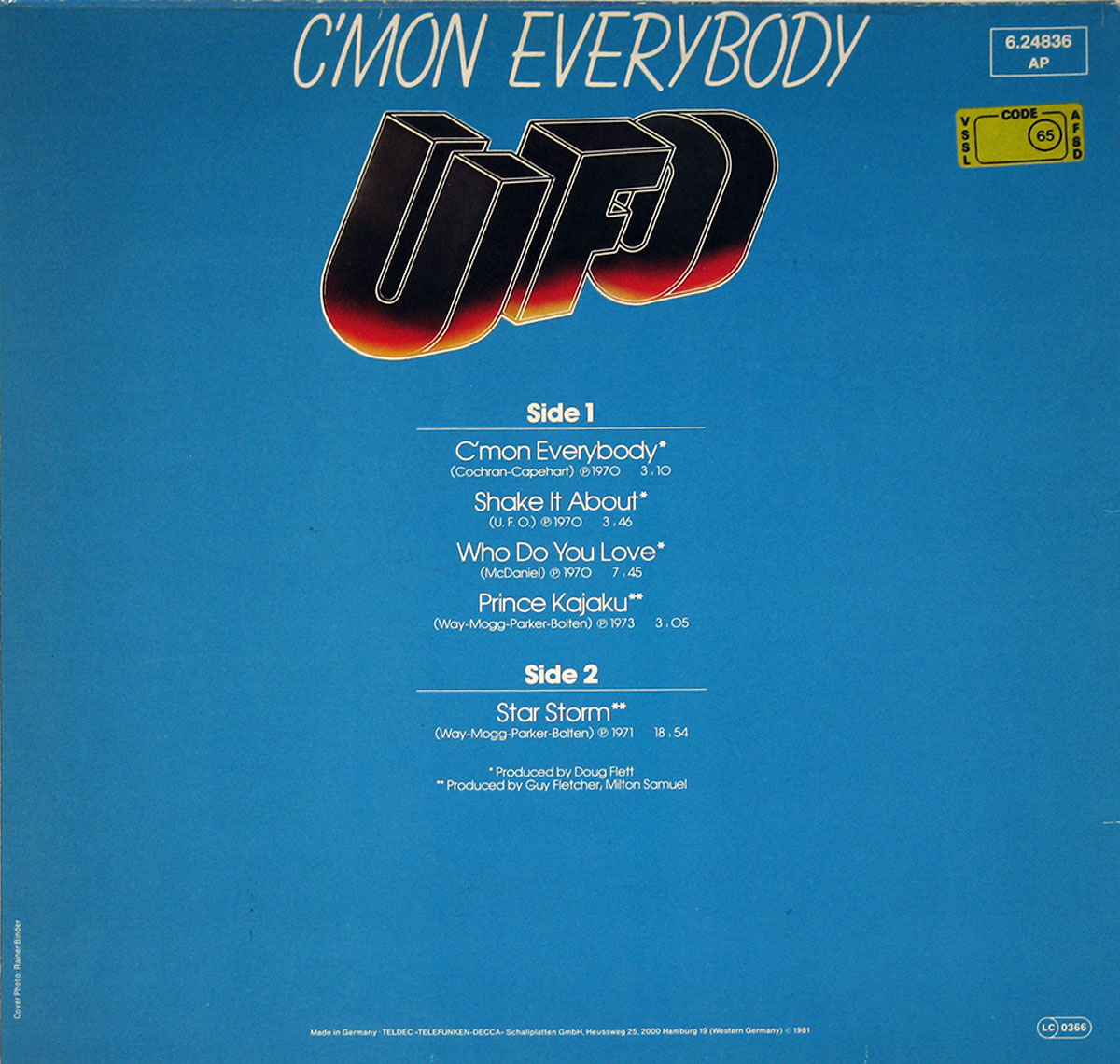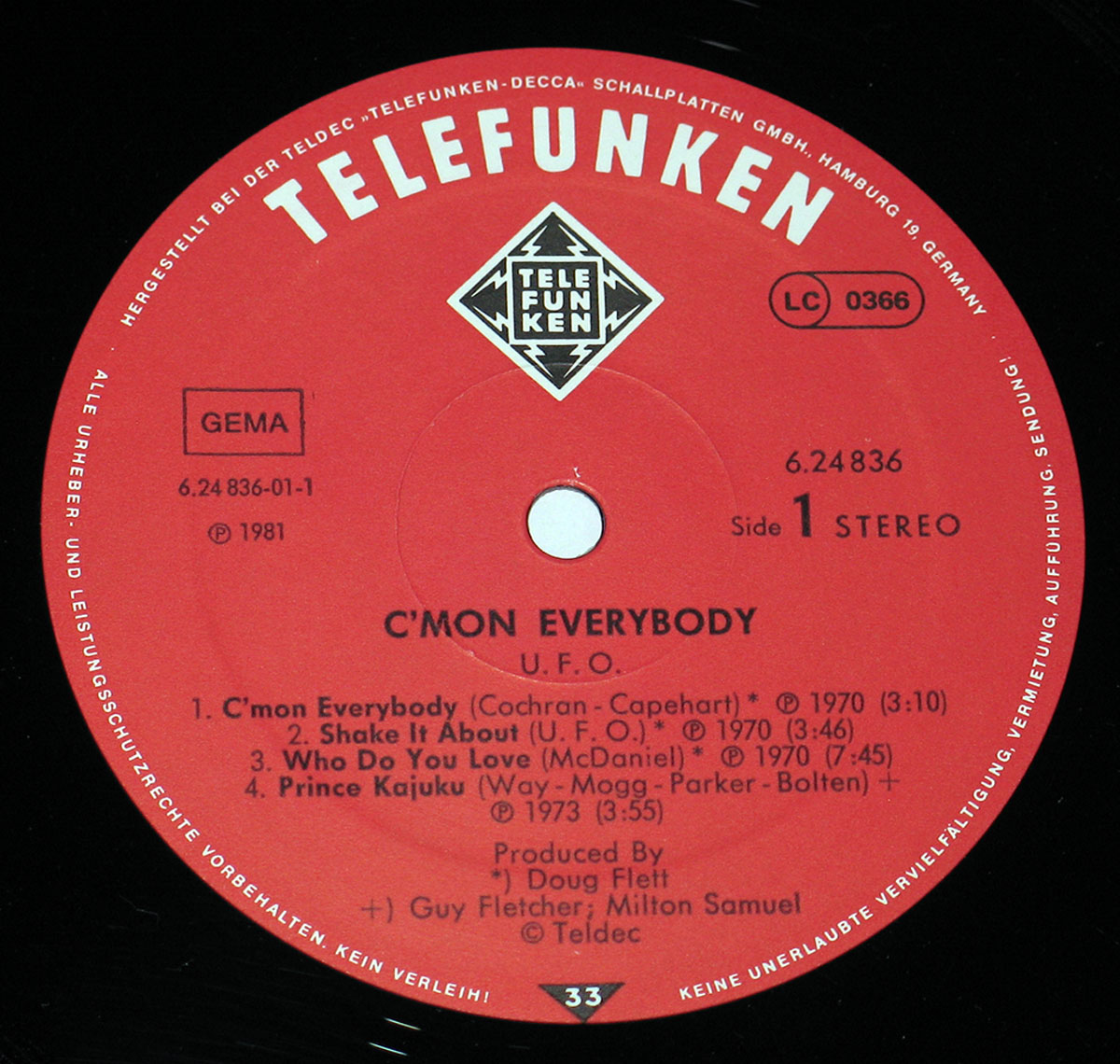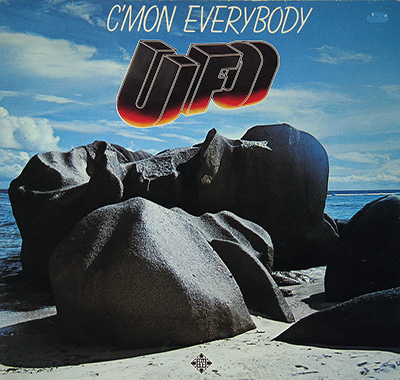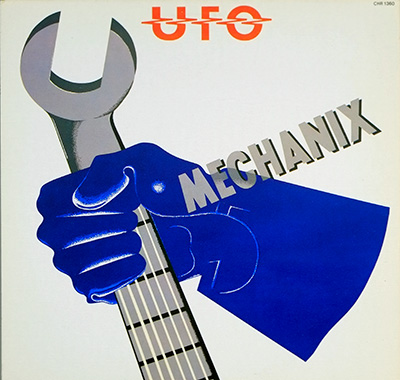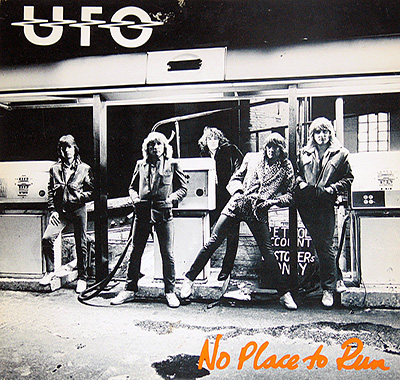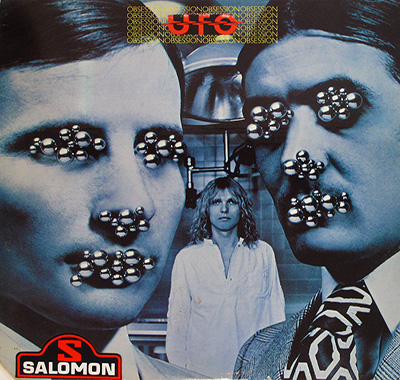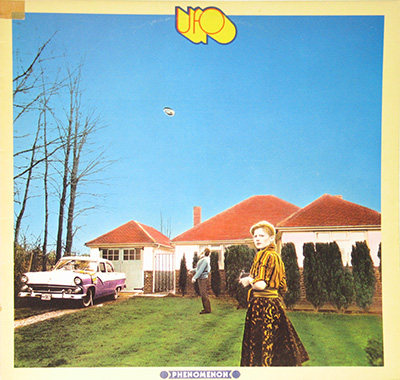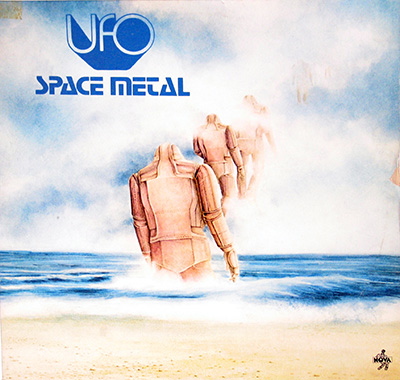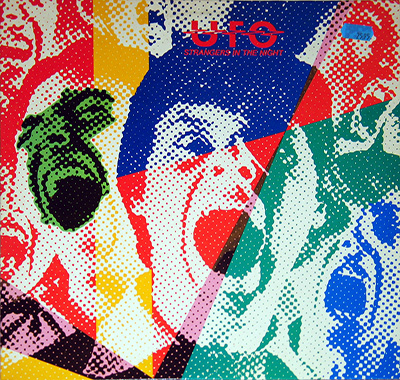"C'mon Everybody" Album Description:
In the world of musical history, certain albums emerge as pivotal moments, encapsulating the spirit of their time and resonating across borders. UFO's "C'mon Everybody," released in 1981 in Germany, is undeniably one such record. This 12" vinyl LP not only showcased the band's musical prowess but also left an indelible mark on the music scene of its release period.
The album opens with the eponymous track "C'mon Everybody," a spirited piece lasting 3 minutes and 10 seconds. The infectious energy of this opening number sets the tone for what unfolds throughout the album. "Shake it About" follows suit, clocking in at 3 minutes and 46 seconds, displaying the band's ability to seamlessly blend rock elements with a dynamic rhythm.
A standout on the album is the extended track "Who Do You Love," a sprawling 7 minutes and 45 seconds of musical exploration. UFO demonstrates their versatility, navigating through different musical landscapes and leaving an indelible imprint on the listener's sonic experience. "Prince Kajaku," a concise 3-minute track, adds a touch of intrigue to the album, showcasing the band's ability to craft diverse musical narratives within a single collection.
Flipping over to Side Two, listeners are treated to the epic "Star Storm," an expansive journey lasting an impressive 18 minutes and 54 seconds. This magnum opus showcases UFO's mastery in creating atmospheric soundscapes, taking the audience on a sonic adventure that transcends the conventional boundaries of rock music.
Commercial success accompanied "C'mon Everybody," as it garnered attention not only in Germany but also beyond its borders. The album's release period witnessed a commendable reception, with fans and critics alike acknowledging UFO's contribution to the evolving music landscape of the early 1980s.
What sets "C'mon Everybody" apart is not just its commercial success or the technical prowess demonstrated by UFO but the sheer audacity to experiment and push the boundaries of conventional rock. The album serves as a testament to the band's artistic vision and their willingness to explore uncharted musical territories.
